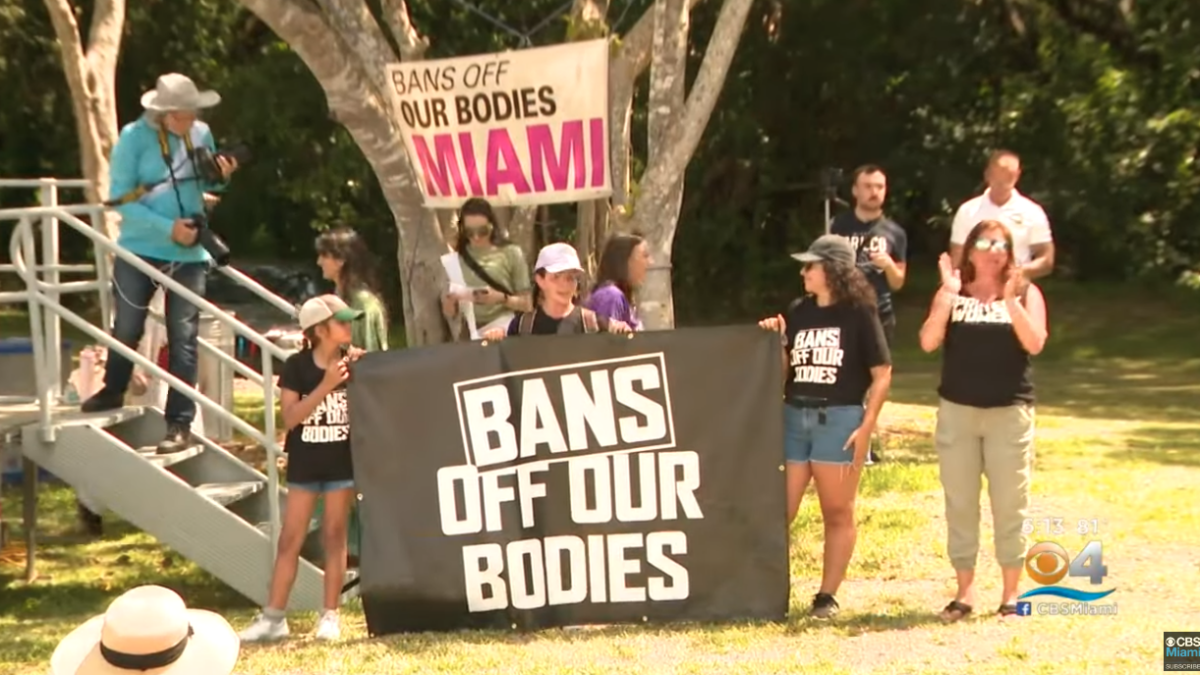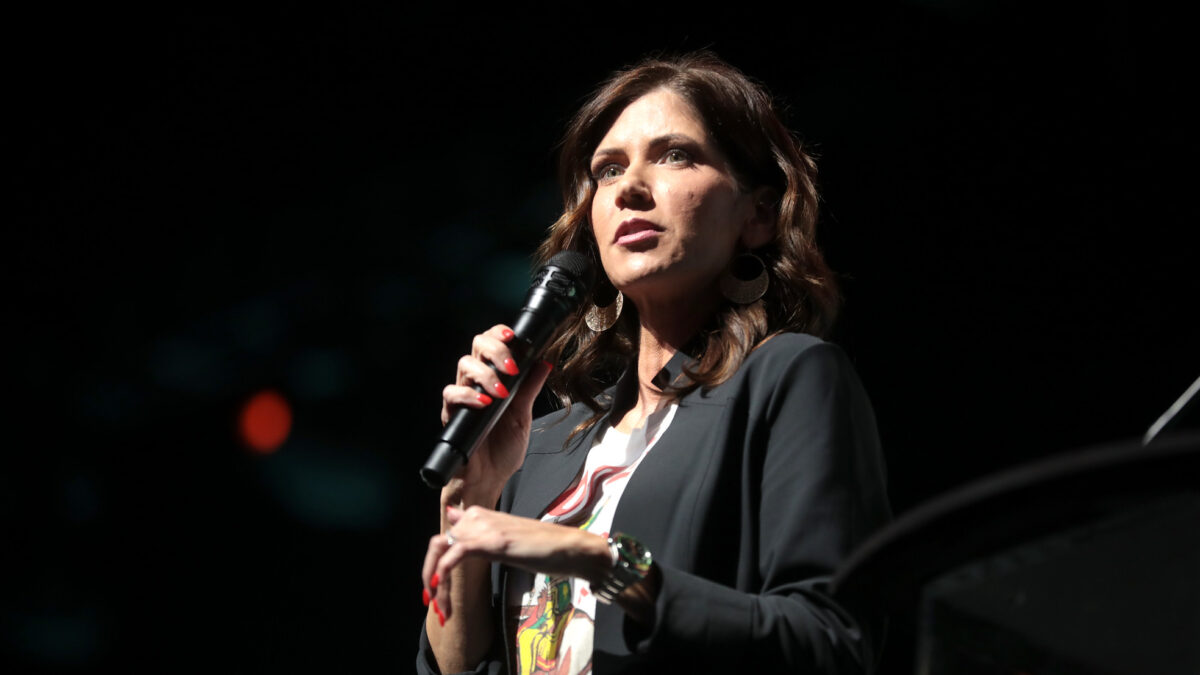
The theme of International Women’s Day — March 8 — is “choose to challenge.” As a result, language app Babbel would apparently like to challenge English speakers to dispense with certain words altogether, taking it upon themselves to tell us what words we should erase or redefine because they are “problematic and sexist.” Babbel has decided to step into the murky waters of social justice and let people know that there’s a list of “c-words” (no, not that c-word) people should no longer use in relation to women — words that include “catty,” “clucky,” and even “cougar.”
“Many of the words we use day-to-day can be problematic,” a spokesperson from Babbel relayed to me, “this is something which needs to change.” Yet, while Babbel frames this in terms of uplifting women, in actuality, it’s just a shallow marketing scheme to raise awareness for their app.
Unlike the other c-word which most find deeply offensive, the words Babbel has selected for deletion are hardly upsetting, but merely words that can be used in whatever way the speaker or writer of these words chooses. Babbel told me “These ‘c-words’ are words with offensive and sexist roots that are often used to describe women.” Yet they had to scour the dictionary to find them and dig into arcane definitions all so that they could come up with a reason to insert themselves into the growing social justice retribution movement.
To be clear, it’s not just in speech that they would like these words to be erased — Babbel wants them scrubbed from the dictionary, or at least redefined. Babbel advocates for a wholesale, top-down approach to the construction of language, arguing, “While some [words], thankfully, are beginning to be reclaimed, there are a number which we need to redefine — especially when it comes to how they’re framed in our dictionaries.”
Unnervingly, tech companies are in a unique position to not only make these demands but carry them out. If Babbel were to team with Google, Amazon, Facebook, or Twitter, they could very well be able to make these changes to our language in a way that would make it appear that it was always this way, erasing any past understanding of how these words were used — for good or for ill — and they would be able to do it without anyone noticing.
‘Clucky’
“Clucky,” the first word up for erasure and redefinition, Babbel considers “offensive” because of its connotations as regards women and motherhood:
Clucky is a way to describe a woman who is eager to have children. There is no equivalent of this word for men, and this word in itself is dehumanizing: it links women to chickens and the things we associate with them – ‘pecking’, ‘squawking’, and obsessing over their young. A synonym for this word is ‘broody’; again this is a word used (more commonly in the U.K) only for women to explain their eagerness to have children. When applied to hens, it means that they are ready to lay their eggs.
Many of the words on Babbel’s hit list are deemed problematic because they associate the behavior of women with that of animals. Yet, we tend to view human behavior in terms of animal behavior in myriad contexts, and not just that of women. Is it offensive to describe men as bovine? Apish? Feral?
How is it dehumanizing for there to be an informal word that describes a woman who wants to be a mother? Like all other animals, humans want to reproduce. Notably, Babbel doesn’t offer an alternate word for “woman who would like to be a mother and is driven by the desire to reproduce.”
‘Catty’ and ‘Catfight’
Next up is “catty,” which Babbel has harsh words for:
[Catty describes] a woman who says unkind things about other people — and it’s often defined as being a female trait in our dictionaries, with examples of the word often being used with ‘she’ pronouns. It’s another example of dehumanizing women by applying animalistic traits to their behavior.
The problem with pulling this language because Babbel tells us that it’s offensive is that these words describe actual traits. Erasing the word catty doesn’t eliminate catty women, it only creates the need for a word to describe what it is to be catty. Would they prefer something along the lines of “vicious gossip?” Or perhaps there’s a b-word they think would do just as well?
“Catfight” is objected to because it’s used to describe “a fight between women.” Yet most people use this term jokingly. To be sure, when people use the term “catfight,” they know it’s a little sexist and are doing it somewhat tongue-in-cheek. In other words, the word has already largely moved from the realm of the serious to the arena of the joke — it’s being reclaimed and repurposed without the help of any corporate overlord.
‘Coquettish’
Coquettish is off the table because Babbel thinks that it’s wrong to describe women “acting in a playful manner intended to attract men”:
It’s a problematic word due to the old-fashioned way in which it’s defined in many of our dictionaries. Definitions which use terms like ‘attract attention’ or to ‘gain the attention and admiration of men’ frame women’s actions as being motivated by the male gaze or attention-seeking.
Does Babbel really think women don’t often act to attracting male attention? Women do want male attention, especially clucky women who want to have children. Women and men have ways that they address the opposite sex when they are looking to create romantic relationships, and there’s nothing wrong with a woman pursuing a man that she wants. Isn’t that something Cosmopolitian used to tell us is empowering? Or am I just being catty?
‘Cougar,’ ‘Cow,’ and ‘Crone’
“Cougar,” the word for an older woman who goes after younger men, “singles out this behavior as being predatory when applied to women and, again, puts women in the same group as animals.” Babbel says “the word is sexist in its origins,” but “it has been reclaimed in recent years.” The reclamation of the word cougar has to do with the normalization of older women preying on younger men, but for Babbel somehow that speaks to equality — or maybe it’s “equity”? Hard to tell.
“Cow” and “crone” round out the list, with “cow” being used to describe what in other contexts could be referred to as a “dumb broad.” “Crone,” Babbel notes, is also on the verge of reclamation, but in its capacity of describing unattractive older women, it’s just got to go. As for “crone” being remade in our common tongue to be associated with the wisdom that comes with age, Babbel notes, “All that’s left to do is for us to update our dictionaries!”
Taylor Hermerding, Babbel’s language expert, explains further:
We know the power of words and the impact they can have on how we think and how we feel. Change doesn’t happen overnight; however, we want to empower people to change the narrative that exists around women, by dropping these outdated words from their vocabulary. … By challenging problematic language when it arises and educating ourselves on the history of words, we can start to change the way we think and communicate when it comes to gender, in the hopes of making everyday sexism a thing of the past.
Yet, we don’t need corporations and tech apps telling us how to speak, how to use language, how to communicate with each other, or how to think about ourselves as women in particular or human beings in general. In its capacity as a language educator, Babbel would do well to stick to its original, foundational purpose and teach English as it exists instead of a transparent attempt to try to alter it either as part of some bizarre social justice redefinition scheme or as a misguided marketing strategy.









